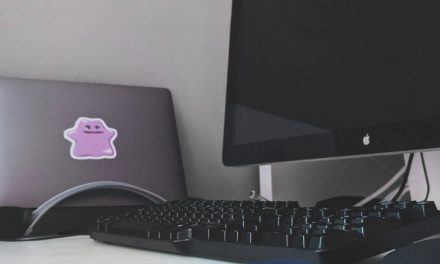The most important cybersecurity tips for influencers and content creators are to secure all accounts with multi-factor authentication (MFA) and a password manager, use a separate email address for business inquiries, be vigilant against spear-phishing attacks, and actively sanitize their public-facing content to prevent doxing.
As of September 2, 2025, for influencers and content creators here in Rawalpindi and across Pakistan, your online presence is not just a hobby; it is your brand, your business, and your most valuable asset. This high visibility, however, also makes you a prime target for hackers who seek to take over your accounts, ruin your reputation, or scam your followers.
1. Fortify Your Digital Identity: The Non-Negotiables
Your social media accounts are the crown jewels of your brand. Protecting access to them is your number one priority.
- Habit: Enable Multi-Factor Authentication (MFA) on Everything. This is not optional. Go into the security settings of your Instagram, TikTok, YouTube, and email accounts and turn on MFA. Use an authenticator app (like Authy or Google Authenticator) instead of SMS for the highest level of security.
- Habit: Use a Password Manager. Every single online account must have a long, complex, and unique password. A password manager is the only practical way to achieve this. This prevents a breach at one service from compromising your entire online identity.
2. Defend Your Inbox: The Business Side of Security
Your email is the control panel for your entire online presence and the primary way brands will contact you. It is a major target.
- Habit: Use a Separate, Public-Facing Business Email. Do not use your personal, private email address in your social media bios for brand inquiries. Create a separate, dedicated email address (e.g.,
[YourBrand]Collabs@gmail.com). This isolates your business communications and protects your personal email from being scraped and targeted by spammers and hackers. - Habit:Be Vigilant Against Spear-Phishing. As a public figure, you are a target for highly personalized phishing attacks. Scammers will impersonate legitimate brands with fake collaboration offers. These emails will often contain a malicious link to a fake login page or a contract (a document file) that is actually malware.
- Action: Before engaging with any brand offer, independently verify the sender. Look up the company’s official website and find their official contact information. Do not trust the contact details in the email you received.
3. Sanitize Your Public Persona: Preventing Doxing
“Doxing” is when an attacker researches and publishes your private, personal information online without your consent. For a public figure, this is a serious threat.
- Habit: Audit Your Old Content. Go back through your old posts, videos, and photos. Look for any content that might accidentally reveal sensitive information, such as your home address in the background of a video, the name of your local school or park, or pictures of personal documents. Remove it.
- Habit: Be Careful with Geotagging. Avoid tagging your exact home location or posting in real-time from sensitive locations. Consider posting photos from a trip after you have already returned.
- Habit: Use a separate, “burner” phone number for services that require one, rather than using your personal, private number.
4. Protect Your Brand and Your Audience
Your reputation is built on the trust you have with your followers. Protecting them is part of protecting your brand.
- Habit: Secure Your Team. If you have a manager, an editor, or anyone else who has access to your accounts, ensure that they are also following all of these security best practices. Their compromised account is the same as your compromised account.
- Habit: Be Transparent About Breaches. If your account is ever hacked, it is crucial to communicate openly and honestly with your audience about what happened as soon as you regain control. This helps to warn them about any potential scams that may have been sent from your account and helps to maintain their trust in you in the long run.
By integrating these cybersecurity habits into your workflow, you can build a resilient brand that is protected against the unique threats that come with being a public figure online.





